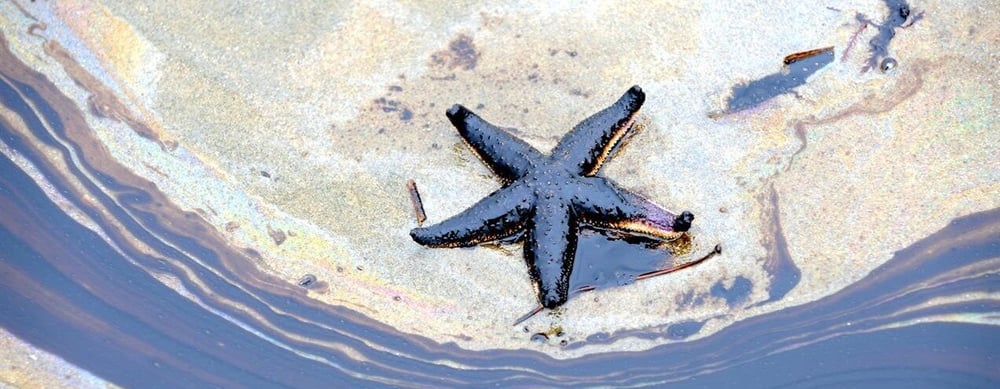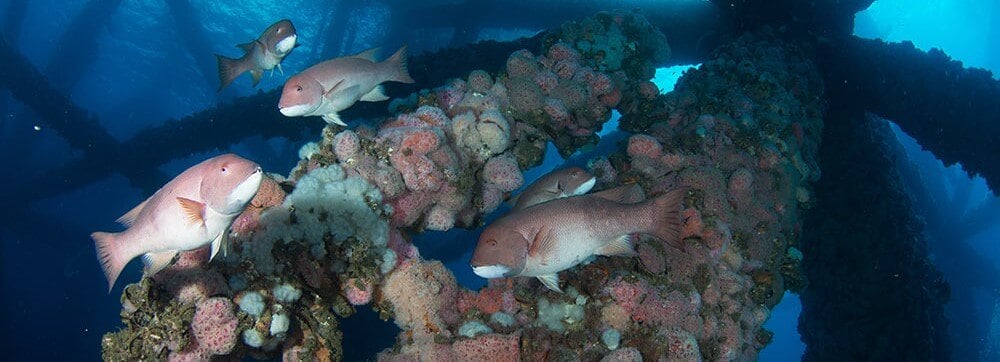Offshore Wind puts Rhode Island back on track — but it has to be done right
Green Energy Consumers Alliance welcomes the recent announcement that Rhode Island will look to procure up to 600...
Climate change is the greatest threat to natural landscapes, marine ecosystems, and fishing industries in Rhode Island and Massachusetts. Narragansett Bay has already warmed by nearly 3°F since 1960. Sea levels off the coast of Newport have risen 10 inches since 1930, and projections show they could rise as much as 9 feet in the next 75 years. These changes will drastically alter the fishing industry and the economy. Offshore wind is one of the most powerful tools we have to safeguard these vital resources.
As Rhode Island and Massachusetts work to get their first large-scale offshore wind projects over the finish line, fossil fuel interests are working behind the scenes to push back. Their key tactic? Disinformation: The intentional spread of false or misleading claims to serve an agenda. The oil and gas industry and its allies are spreading disinformation that offshore wind harms fisheries and marine life, among other falsehoods.
Green Oceans, a Rhode Island-based group that brands itself as a grassroots environmental organization, is an example of a "local" anti-wind group that is echoing talking points from the fossil fuel industry. The reality is that Green Oceans has a well-funded PR campaign full of industry-fueled misinformation and exaggerated claims about offshore wind.
A report by the Brown Climate and Development Lab shows that Green Oceans cited two highly speculative articles to claim dangers from wind, one of them published by the Committee for a Constructive Tomorrow, which denied the existence of human-caused climate change until 2016 and received substantial funding from groups like ExxonMobil and the Charles Koch Foundation.
The playbook isn’t new. Across the country, “local” offshore wind opposition groups have popped up, often using environmental arguments to mask the fossil fuel industry's agenda. Articles from The Intercept and Center for American Progress document how these groups operate, using emotional narratives about whales and fisheries while ignoring the impact of oil and gas extraction on marine life.

Despite claims otherwise, the evidence doesn't support the idea that offshore wind harms fisheries or marine life. In fact, the opposite can be true.
Research on the Block Island Wind Farm, the first in the United States, shows the turbines improved fish habitat by acting as artificial reefs. A meta-analysis found a greater abundance of fish inside wind farms compared to control areas, suggesting these installations could serve as marine refuges that benefit both fish populations as well as nearby fisheries.
Additionally, scientists and marine biologists have repeatedly debunked the claim that offshore wind construction is killing whales. There’s no evidence linking wind farms to whale deaths. These false narratives are often pushed by the same think tanks that oppose climate action and renewable energy.

Offshore wind is our best chance to combat the climate crisis, meet our energy needs, and grow our economy simultaneously. The benefits of offshore wind far outweigh any potential impacts, especially when paired with strong protections for wildlife and compensation for fisheries, which we strongly advocate for. We advocate for offshore wind because we have to. Saying no to offshore wind means saying yes to more air pollution from gas plants, more pipelines through already disadvantaged communities, and more devastating impacts from climate change, like ocean warming and acidification that threaten the very marine life wind opponents claim to protect. Yes, responsible development matters. Impacts must be mitigated, and communities must be heard. But we don’t have to choose between offshore wind and protecting the marine environment. We can do both. And by doing both, we’re protecting wildlife from the greatest threat of all, climate change.
Check out Real Offshore Wind to learn about offshore wind from experts in the field.
Liked this blog? Listen to our latest podcast episode where Amanda talks about offshore wind in depth.
Green Energy Consumers Alliance welcomes the recent announcement that Rhode Island will look to procure up to 600...
Last week, with a resounding vote of 144-12, the Massachusetts House of Representatives passed the Offshore Wind...
Comments